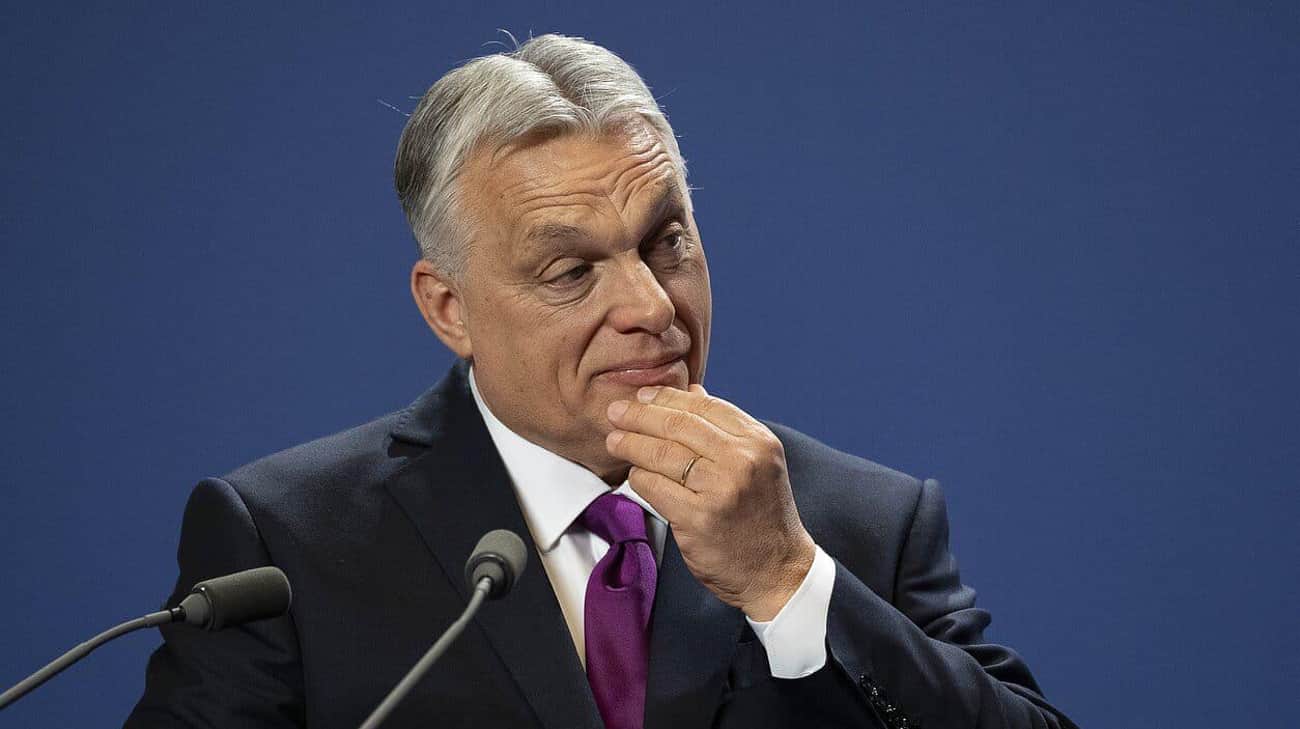The forecast of the « wise » economists for the growth of the German economy was lowered to zero

A key advisory body of the German government has lowered its economic forecast for 2025 to zero growth, which is the last conviction of the country’s economy of the country after two consecutive years of recession.
In November, the five -member German Council of Economic Experts, known as the « five sages », was still expecting the gross domestic product (GDP) to increase by 0.4% this year. In their spring forecast, « the sages » changed this to stagnation in the « distinct phase of weakness ».
First Reactions – What do election results mean to Germany’s economy
Although experts predict GDP for the largest economy in Europe to grow by 1% in 2026, they said it was far from certain that Germany would return on the road to economic success in the medium and long term.
The expert forecast is in accordance with the latest government forecast for 2025, which in April was lowered to zero growth. For 2026, the government also predicted only a minimum GDP growth of 1%.
- According to the Economic Council, bureaucracy and prolonged resolution procedures prevents growth in Germany.
- They also pointed out the unpredictable trade policy of US President Donald Trump as another weight on an export -oriented German economy. The US was Germany’s largest trading partner in 2024, with two-way goods being for € 253 billion ($ 284 billion).
- The Council said the accelerating structural changes would affect industries and regions in Germany, which were previously economically strong.
- Inflation is expected to continue to decline to an average of 2.1% in 2025 and 2% in 2026,
- The number of unemployed in Germany is approaching 3 million for the first time in the last 10 years. In 2025, experts expect the unemployment rate to rise to 6.2%.
The present difficulties are reflected in the labor market, according to a report that notes that unemployment shows a relatively weak spring recovery this year, according to data from the Federal Employment Agency.
Veronica Grimm, one of the five council members, noted that the prognosis for inflation is « filled with great insecurity ». Commercial conflicts could lead to a re -rise in prices, both up and down, she said. According to the expert, the large-scale cost programs planned by the German government could also stimulate domestic demand and raise prices faster.
In the middle of the longest stagnation and Trump-what expects the German business of future power
The new Coalition Government in Berlin, led by Conservatives, which took office on May 6, has promised to implement a set of measures to start the economic engine, including a package of € 500 billion funded with debt, for additional investments in infrastructure and climate conservation. According to the consultation body, whether the plans will produce results depends on how the funds will actually be used.
In addition to investment, economists also see a significant lag in terms of
Reducing bureaucracy, urging the government to deal with the problem as quickly as possible to ensure growth. Business representatives indicate bureaucratic weights, such as the German Supply Chain Act, for one of the main reasons for the economic decline.
| The Council proposed a reduction in accountability requirements, faster application and approval procedures, as well as digitalization of the public administration. |
Experts called on the government to adopt a new approach to economic policy. « An economic policy that focuses on stopping structural changes through subsidies cannot be successful in the long run, » said Council President Monica Schnicer. Instead of maintaining jobs that « are not » long-term viable « , the transition to new business models and professions should be firmly encouraged, for example through investment in a modern road and rail network, in digital infrastructure or in research that is beneficial for as many sectors, she said.
« The effects of the financial package will not be noticed immediately, so this impetus of growth will only happen next year – it takes time, » Schnitzer told reporters. Starting in 2026, new funds should stimulate investment in construction and equipment as well as government spending, the council said.









